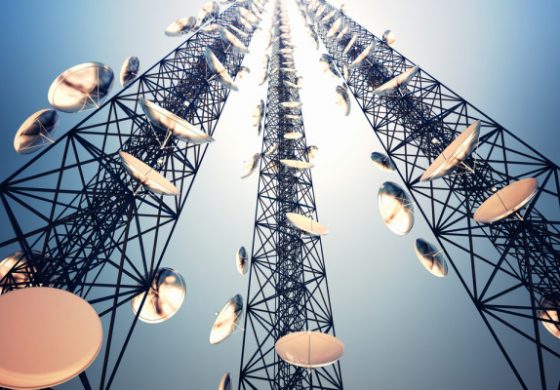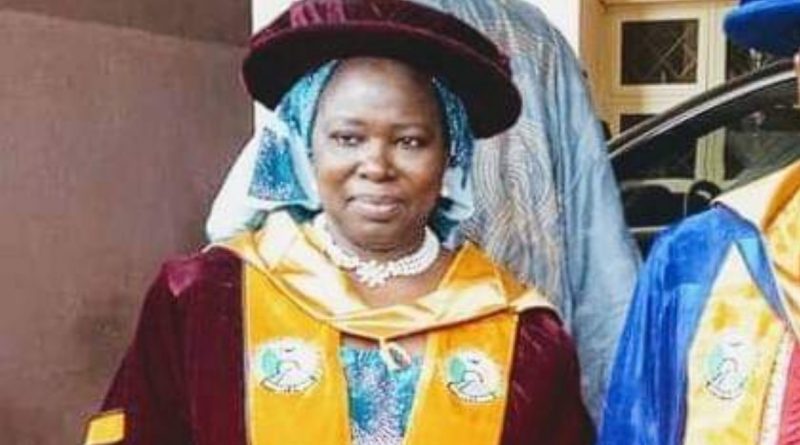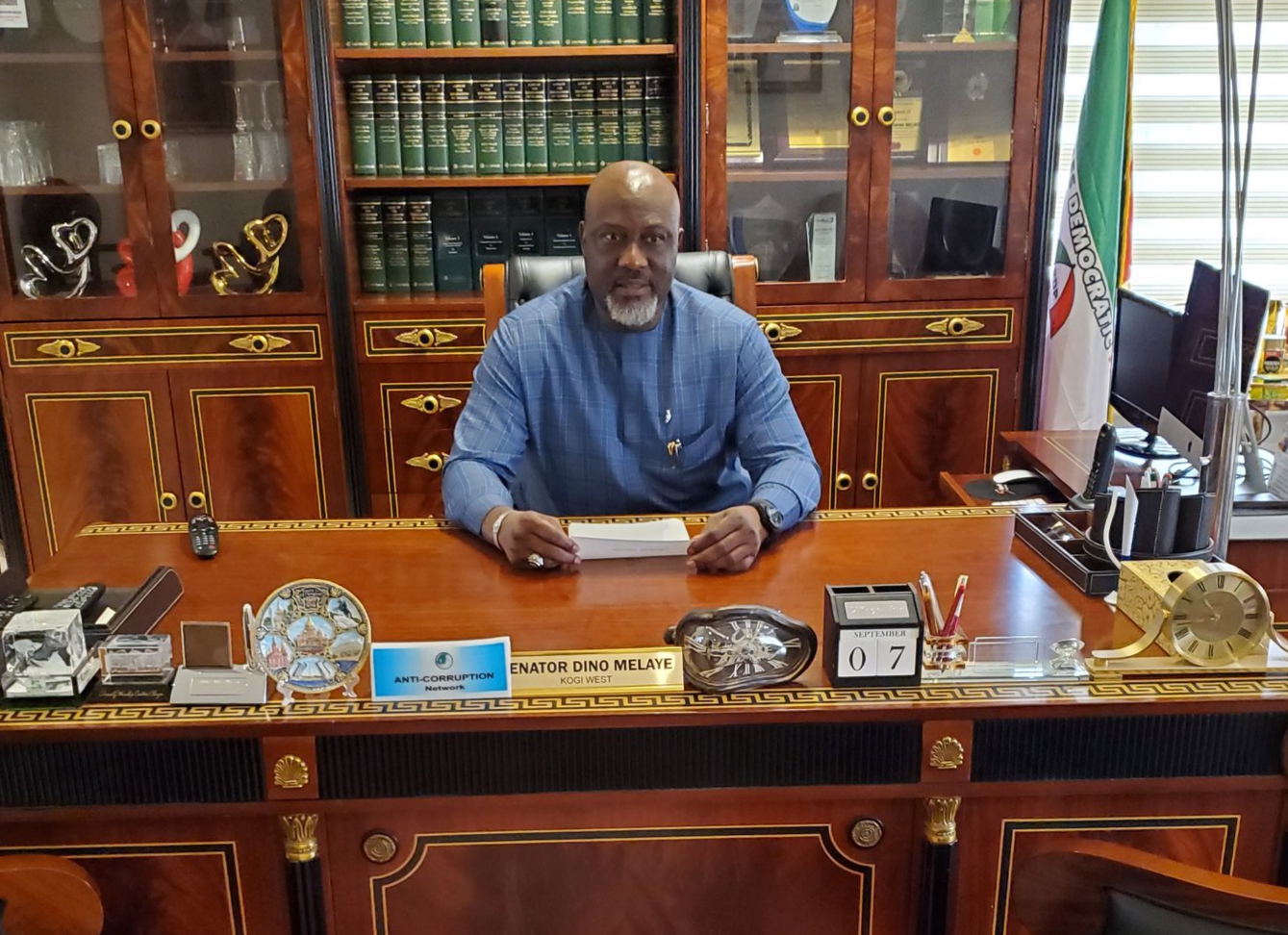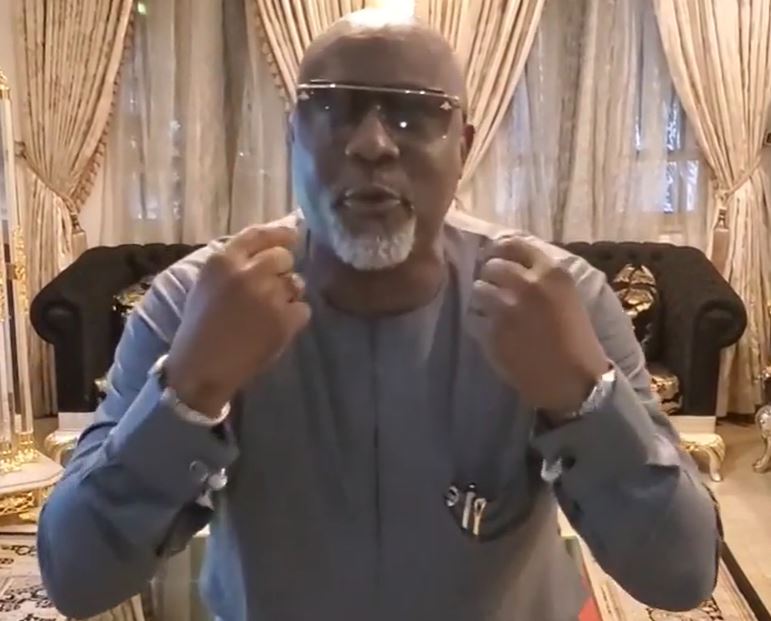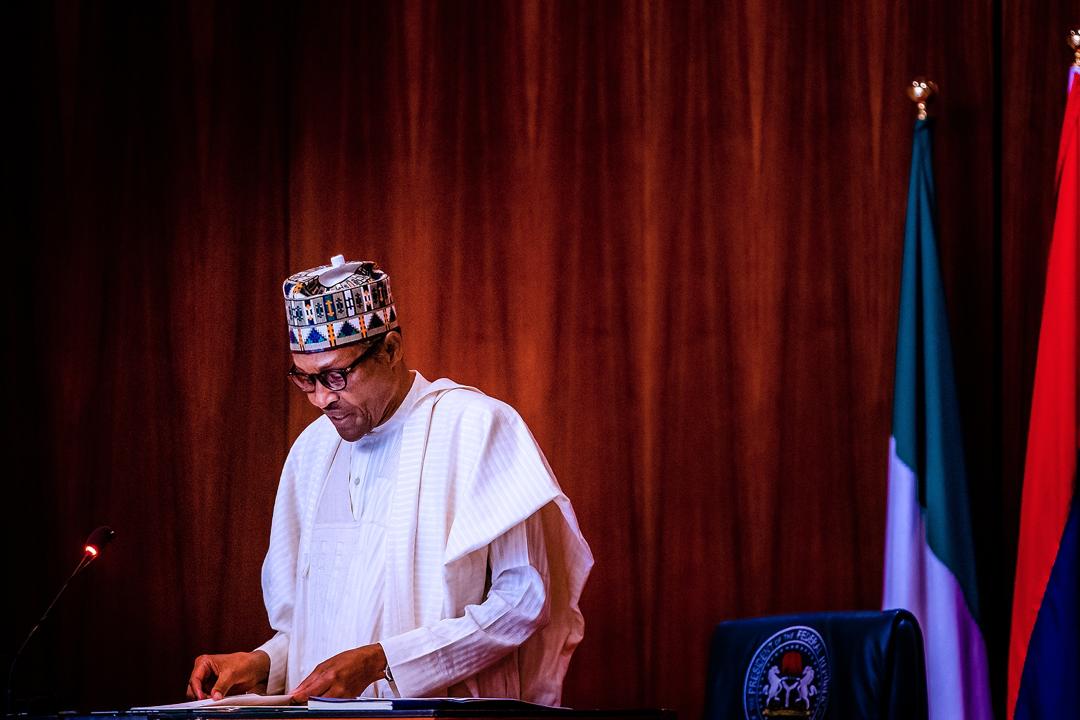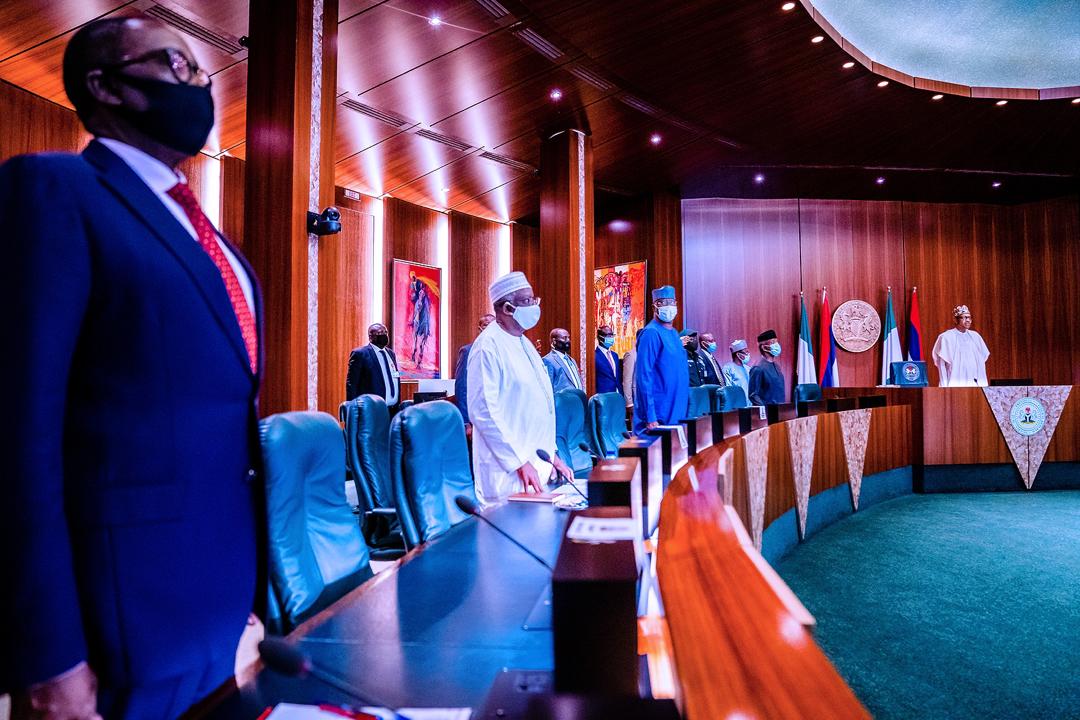How do you stare truth in the face in a festering situation? Quite discomforting, eh? The answer could point out the difference between the bold and the effeminate, between the villain and scoundrel, and those who stand for public good. The public needs answers to very puzzling questions in these challenging times and only the bold can supply the right answers and be damned!
It is no longer news that the broadcast sector is going through very spirally times, some of the pains self- inflicted. But each time I watch Prof. Armstrong Idachaba, Acting Director General of the National Broadcasting Commission (NBC) speak, I ask myself, how much of truth can he say? The question is further informed by the realization that much of what is happening in the industry go far beyond him; if the Minister is not meddling, the operating environment is conspiring to make the sector fail.
Pressed last week to comment on subscription increase by Multichoice which began on September 1, 2020, as per the public notice served subscribers, Idachaba said quite boldly and frankly on national television that there was no part of the National Broadcasting Commission Act which has empowered it to regulate cost of services in the broadcasting industry. The other noticeable operator Star Times which is in partnership with the NTA has also recently increased its bouquet prices, compelling the National Assembly to put the increase in abeyance until all issues are resolved.
This has put pressure on the management of the NBC, the broadcast regulator, to speak the convenient truth, give the kind of information people want to hear. What Idacahaba said last week will not provide any solace; in fact, it is a major inconvenient truth that will make many people angrier.
Advertisement
I have tried to look at the Broadcast Act again to try and evaluate the weight of his submission. There is nothing actually about fixing prices. Here are the clauses closest to any price regulation. Under the Powers of the Commission, the Act states as follows: (d) Regulating and controlling the broadcasting industry; (f) Receiving, considering and investigating complaints from individuals and bodies corporate or incorporate regarding the contents of a broadcast and the conduct of a broadcasting station.
You do not need further interrogation to agree that the aforementioned clauses are at best very nebulous and harbor no iota of speculations on pricing.
I have been told randomly by some folks that only the Federal Competition and Consumer Protection Commission (FCCPC) can do something about the unfolding scenario in the pay TV sector. As if showing the uncanny powers to listen to closed door discussions, the Commission last week said it has invited Mutlichoice for a meeting by way of finding a mutually beneficial solution for all stakeholders. But it noted that the FCCPC has no power under the Act to fix any price for an operator.
Advertisement
Well said. No powers whatsoever. What you find on the website of the Commission is that: “The Commission was established by Federal Competition and Consumer Protection Act (FCCPA) 2018 to, among others, develop and promote fair, efficient and competitive markets in the Nigerian economy, facilitate access by all citizens to safe products, and secure the protection of rights for all consumers in Nigeria.”
The Commission may only be able to make interventions on behalf of consumers and mitigate over-burdening circumstances without the power to determine a prevailing price. With every sense of responsibility both the NBC and the FCCPA have spoken on how things should go in a deregulated market sector where government has decided to allow market forces to determine prices. The operators are protected by law that should not be whittled down or abrogated on the strength of emotions.
Unfortunately the prevailing economic situation has also invalidated the capacity for either of the organization to act with moral conviction. While COVID-19 came with its crushing weight, countries without economic strong point, countries depending on rent and arbitrage, for which Nigeria is a leader, have taken a serious beaten, and this is resonating in all sectors.
You don’t need to be told there is trouble in the land. Government is taking panic measures with a boldface without seeking the peoples understanding and buy-in. Within one week, the price of petrol has moved to N162, from N150 in August; new electricity tariff beguiled in sweet language as “service reflected tariff” which somebody said is “just over 300 per cent increment,” also came into operation on September 1, 2020; VAT has recently been jerked up to 7.5 per cent; the Naira is on a free fall, at about N475 to a dollar; and the economy is nearly conquered with the people in the open market baying for help as the cost of garri and even groundnuts to make it more pleasurable in the mouth, has sky-rocketed. The mood in the land is fouled up especially if you mix it with the pervasive fear of insecurity. People are desperate for solutions and intervention and what seems to be readily available are excuses and propaganda. This is the time both Multichoice and Star Times are increasing the cost of services to their subscribers.
Advertisement
But what wrong have they committed?
I do not have so much love for the operators, especially Multichoice, nor do I hate the organization. My only remonstrations is traceable to the unilateral increase in subscription rates as a result of its hubris which as much did not even allow it to notify the regulator before such action was taken. I have every respect and support for a deregulated environment which allows private enterprise to introduce niche and specialized services with which they woo customers. Both the Broadcast sector and the Telecommunications industry have been major beneficiaries of deregulation since 1992, with the latter gaining the upper hand because of the quality of the Communications Act.
I have also reliably gathered that there are talks going on between the regulator and Multichoice which may lead to a smoothening of any lingering misunderstandings. However I also gathered that Multichioce has hinted that only its premium bouquet which looks more of a luxury item is really affected. Even at that, Multichoice has a right to increase its subscriptions because its operations are not insulated from the misfortunes facing the Nigerian economy.
Here is my final take. Nigerians should take cognizance of the deficiencies in the Broadcasting Act which does not provide for the regulator to have any input in price modulation, if you permit me to borrow that satanic phrase from the oil sector. The Act also gives more powers to the Minister than the Board of the Commission and this has seriously impaired the regulatory independence of the Commission. Urgent steps should be taken to remedy this.
Advertisement
I will also want to suggest that the National Assembly should not waste precious time and money dissipating energy over pay TV subscription services which affect less than 30,000 people out of a population of about 200million and concentrate on things that affect the entire Nigerian population. The country is in dire straits – there are killings across the states, in some instances, tempers are flaring; there is hunger as farmlands are being wasted even as flooding is doing lots of damage; some organizations are exiting the country because of tempestuous business environment; the Naira has crumbled; prices of food items and other appurtenances of living have jumped beyond the rooftop; there is general fear and uncertainty about tomorrow, and the National Assembly is silent. Very silent. When it finds a voice it is to talk about cost of DSTV services. Please, give the nation a break.
One character in Esu and the Vagabond Minstrels by Prof. Femi Osofisan declares, “How can one dance on an empty stomach?” Pray. Who watches television on an empty stomach? The National Assembly members should be troubled with the daily intervening issues of life that conspire to attenuate the self-worth of the ordinary Nigerian, things that make the mass of the people to look at life and wish for the end to come sooner than the plan of God.
Advertisement
Aihe writes from Abuja
Advertisement
Views expressed by contributors are strictly personal and not of TheCable.

